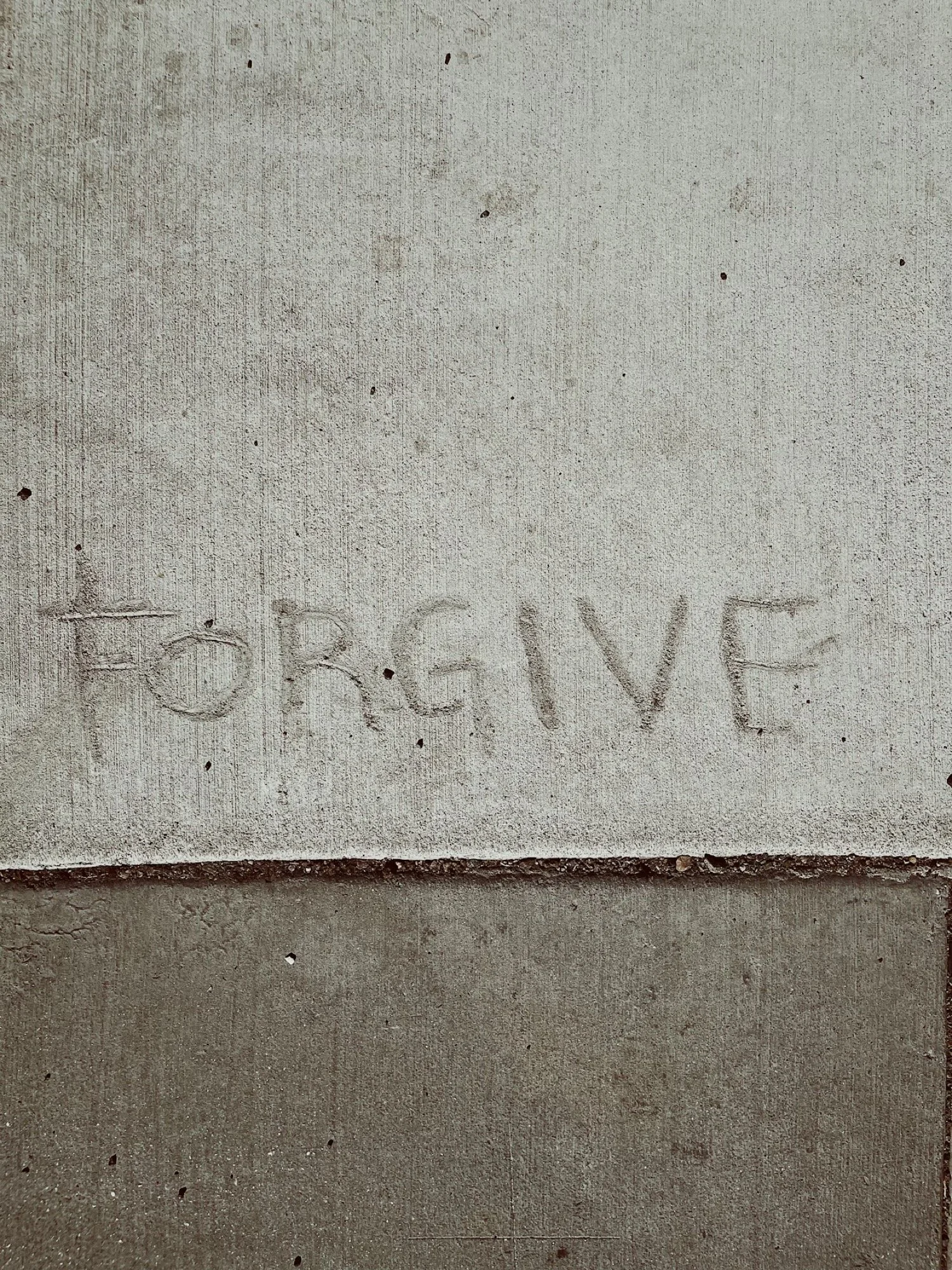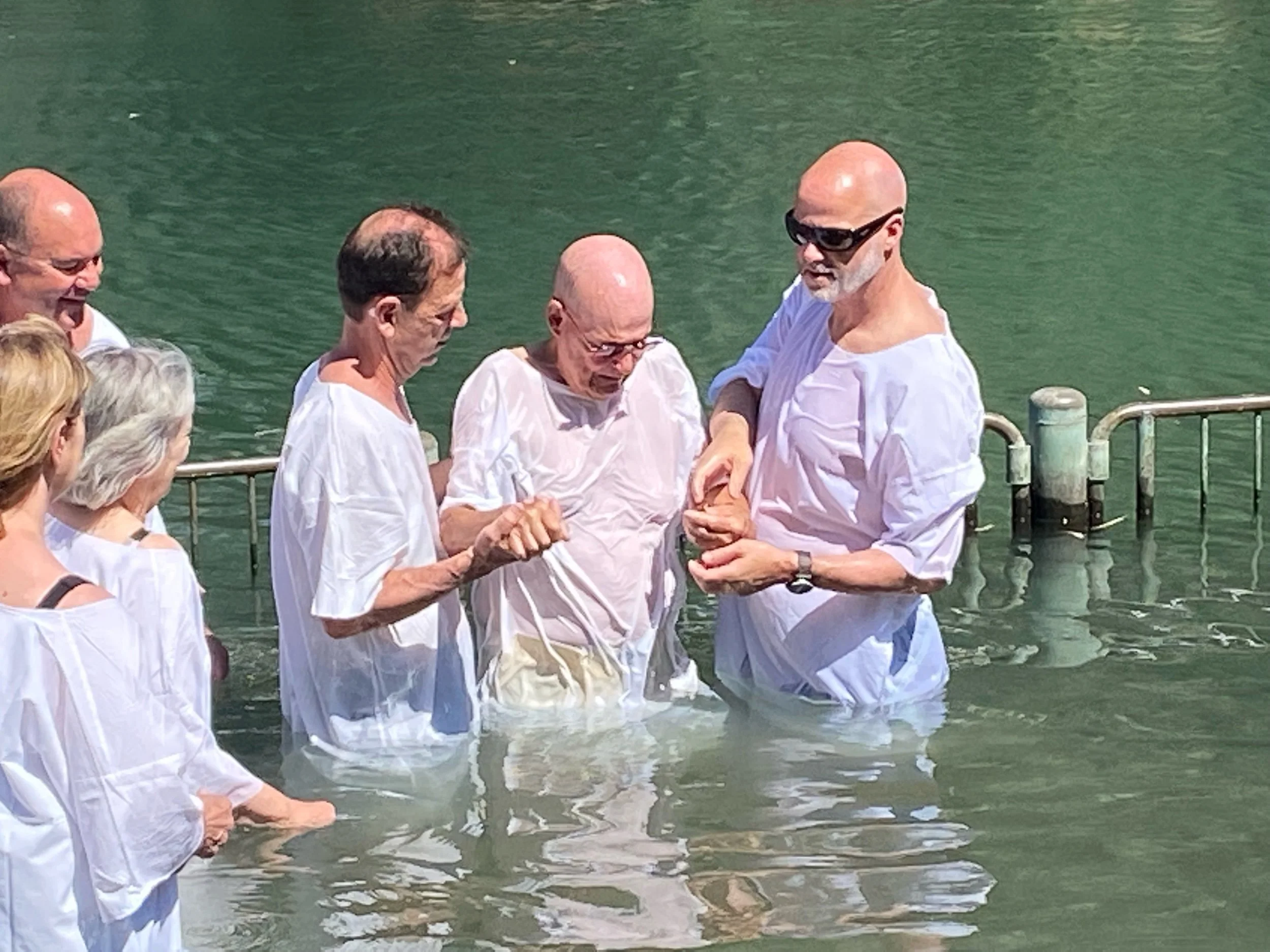Readings for today: Exodus 37-40
My grandmother was an incredible, but very eccentric lady. She experienced a ton of grief and loss in her life. She lost her first husband, my grandfather, when he was only 38 years old to a wasting neurological disease. She lost one of her sons, my uncle, to a drunk driving accident when he was only 18 years old. She lost her second husband, my step-grandfather, as he recovered from open heart surgery when I was four years old. As a result, she was vulnerable to exploitation. Add in the fact that she was independently wealthy, having inherited a lot of property from her first husband and a lot of valuable stock from one of her aunts, and it made her even more of a target. Sadly, she fell prey to a heretical Christian cult who robbed her of almost everything.
The cult she joined believed the Old Testament should be taken literally. They kept all the feasts and high holy days of the Jewish faith. My grandmother was so serious about following their rituals that she actually commissioned a piece of jewelry that was patterned after the breastplate mentioned in today’s reading from Exodus 39. She had the same precious stones mounted in four rows just like the Old Testament law called for. As a young boy, I remember being struck by how weird it looked on the one hand and how special it was to my grandmother on the other hand.
The high priest wore the breastplate for a couple of reasons. First and foremost, his role was to present the twelve tribes of Israel before the Lord in worship. He was there to represent them. He was there to intercede for them. He was there to make the prescribed sacrifices on their behalf. Just as the names of the tribes of Israel were sealed on his breastplate, the names were also sealed on God’s own heart. God had chosen them among all the people groups on the face of the earth to be His chosen possession. A second reason was to remind the high priest that when he entered the holy places and most holy place, he didn’t go alone. All of Israel was standing there with him on some level and this added significant weight to his responsibility. Finally, and this may be more practical, I imagine as the priest offered the sacrifices, the blood must have spattered all over him. Once his duties were finished and he removed his sacred garments, washing the blood off the precious stones must have reminded him yet again of what God had done to redeem Israel.
In the same way, we have a faithful high priest who lives eternally in the heavens. He is the great high priest. Greater than Aaron or any of his descendants. The Song of Solomon says our names are “sealed on God’s heart.” Isaiah 49:16 says our names are “graven on God’s own hands.” So Jesus offers His own blood to redeem us from our sins. He lives to make intercession for us before His Heavenly Father. And He represents us before the throne of grace. This is why we can rejoice! God has chosen us among all the peoples of the earth to be His treasured possession.
Readings for tomorrow: Leviticus 1-4




